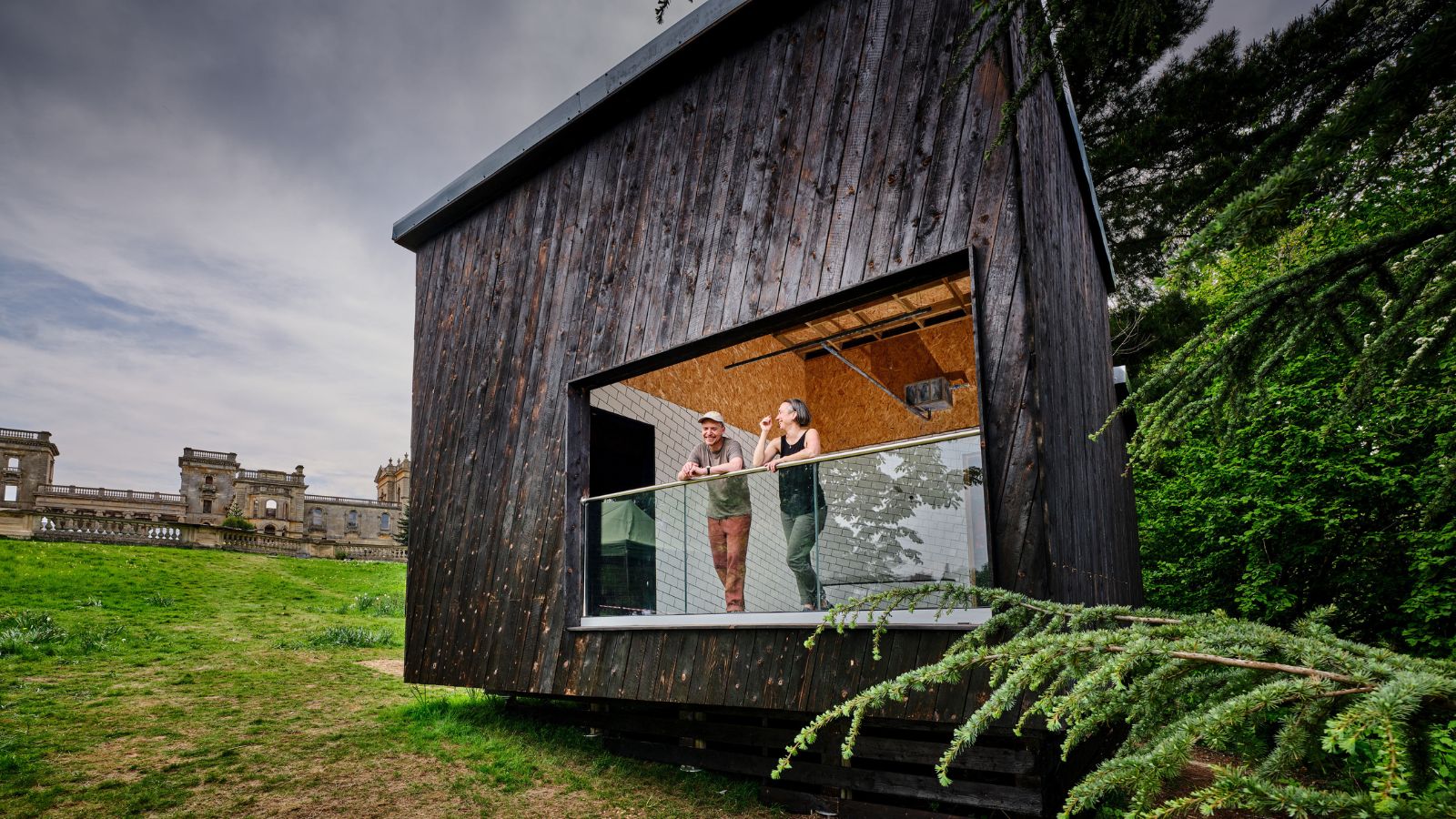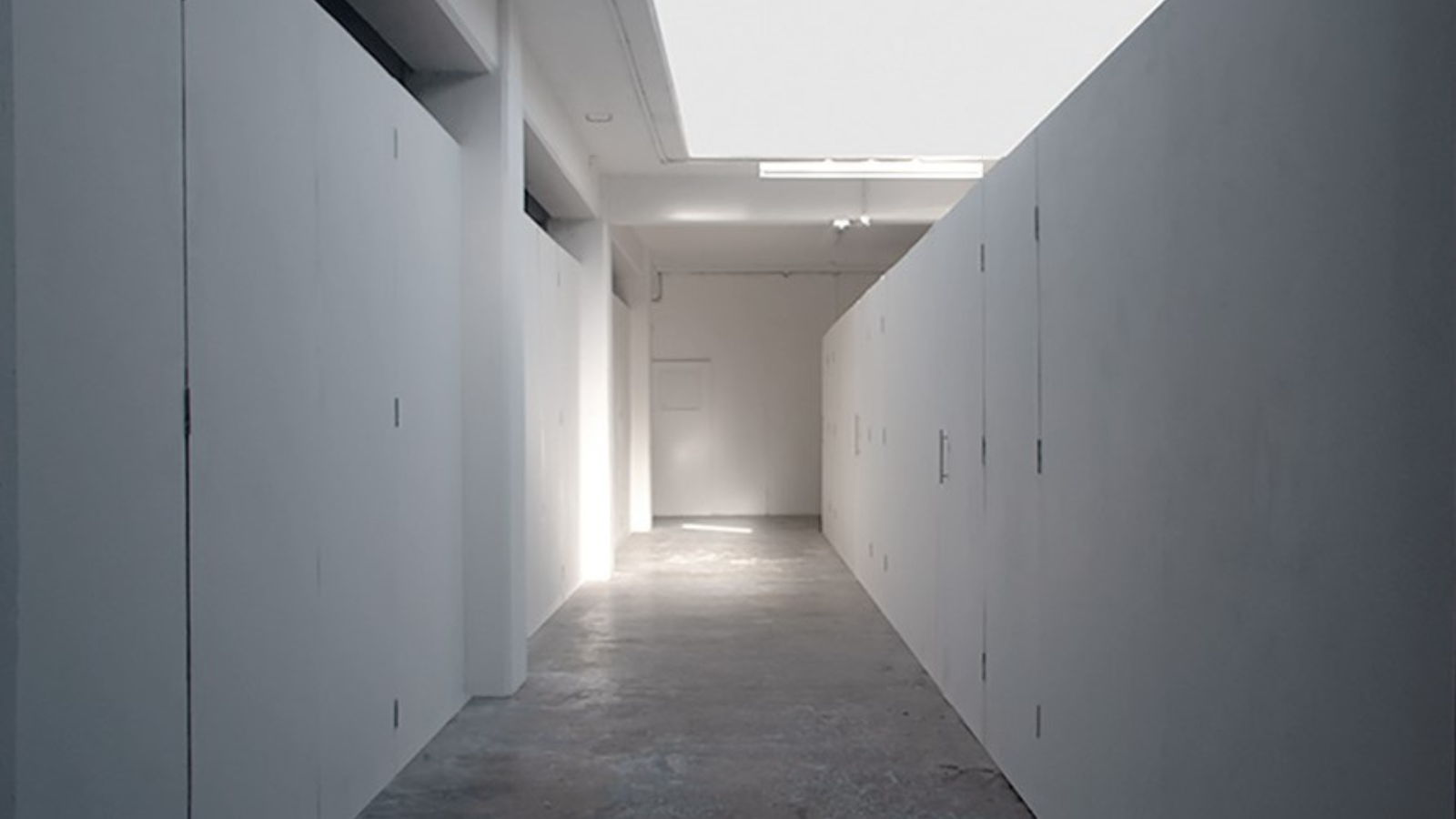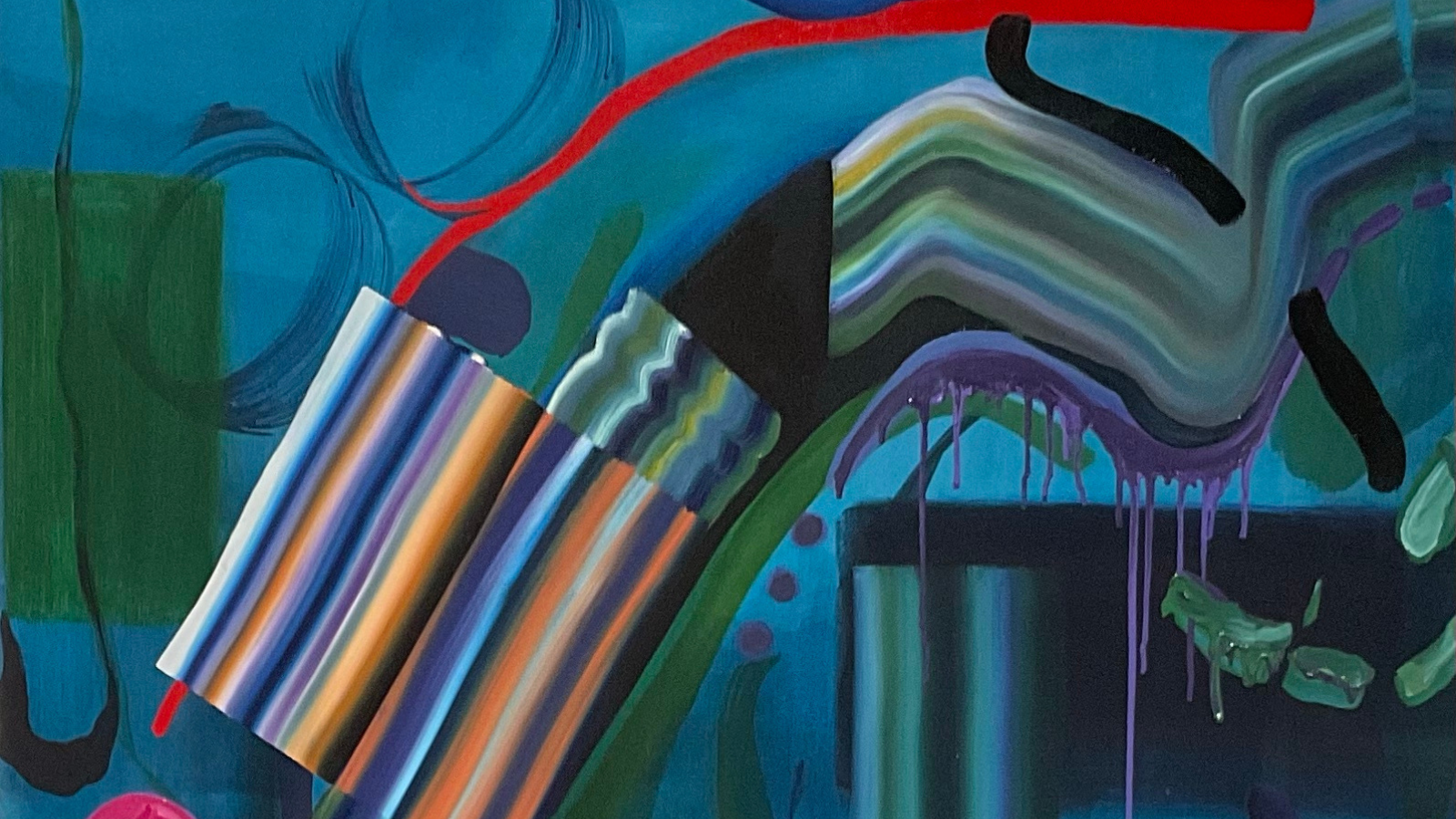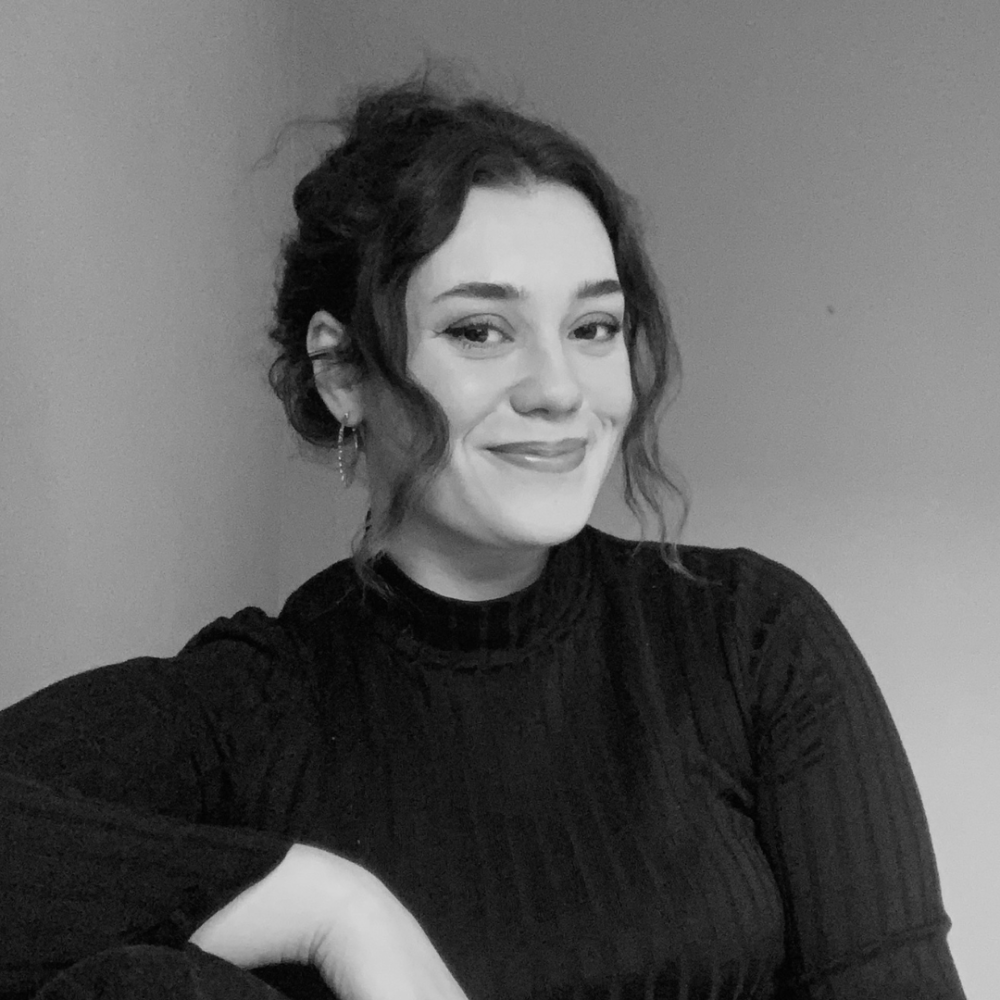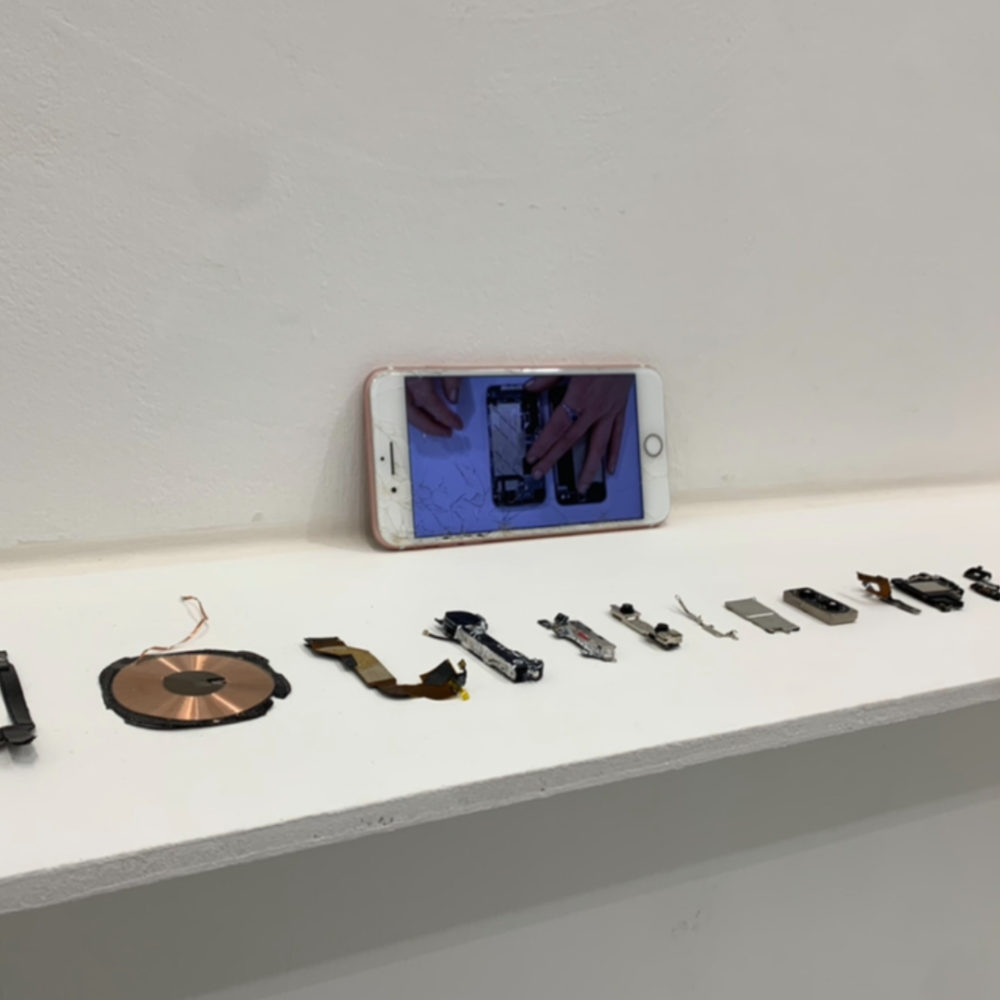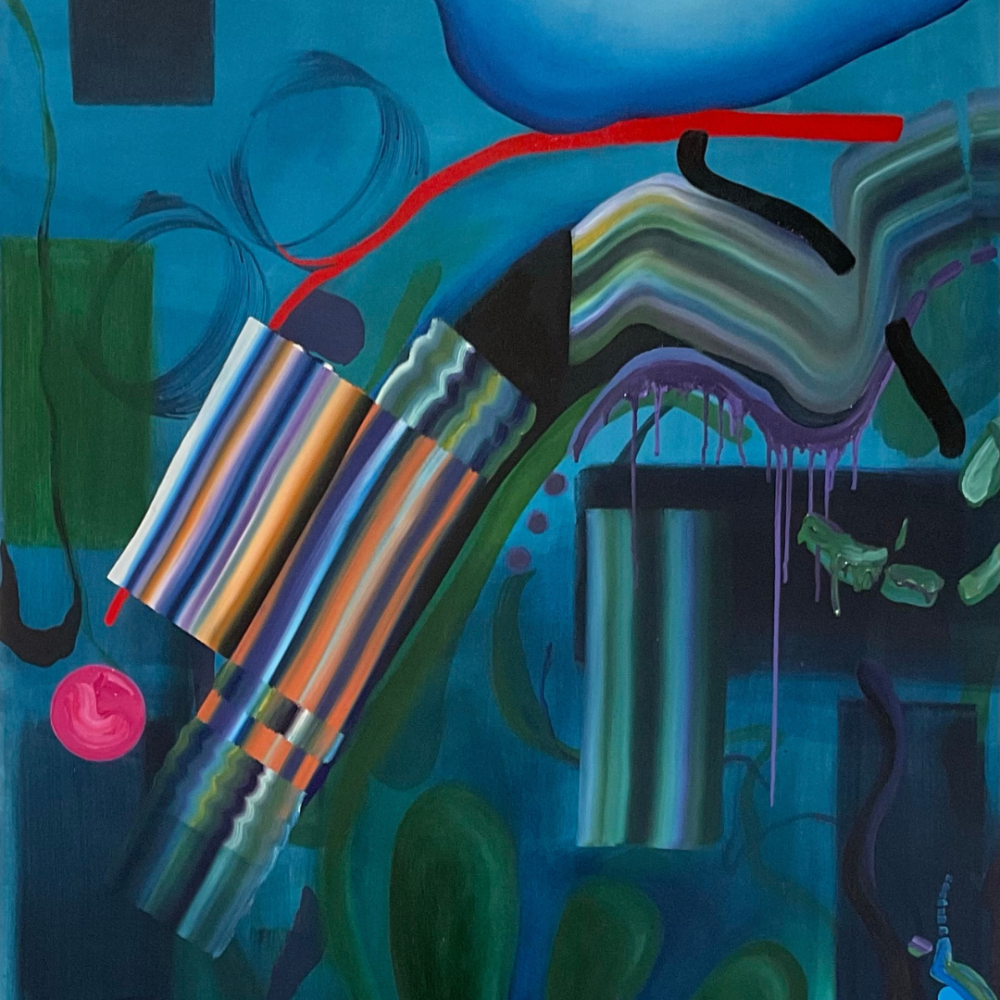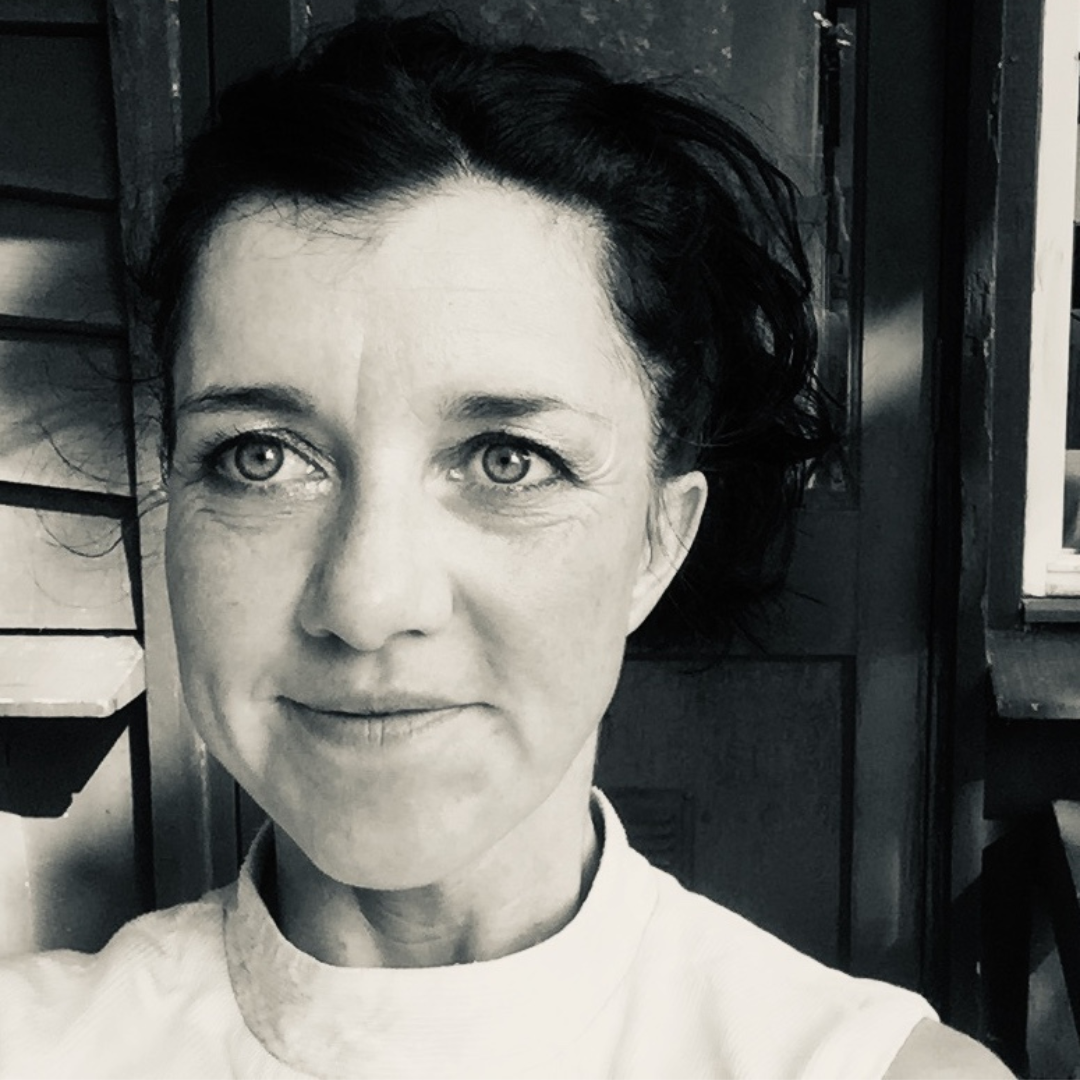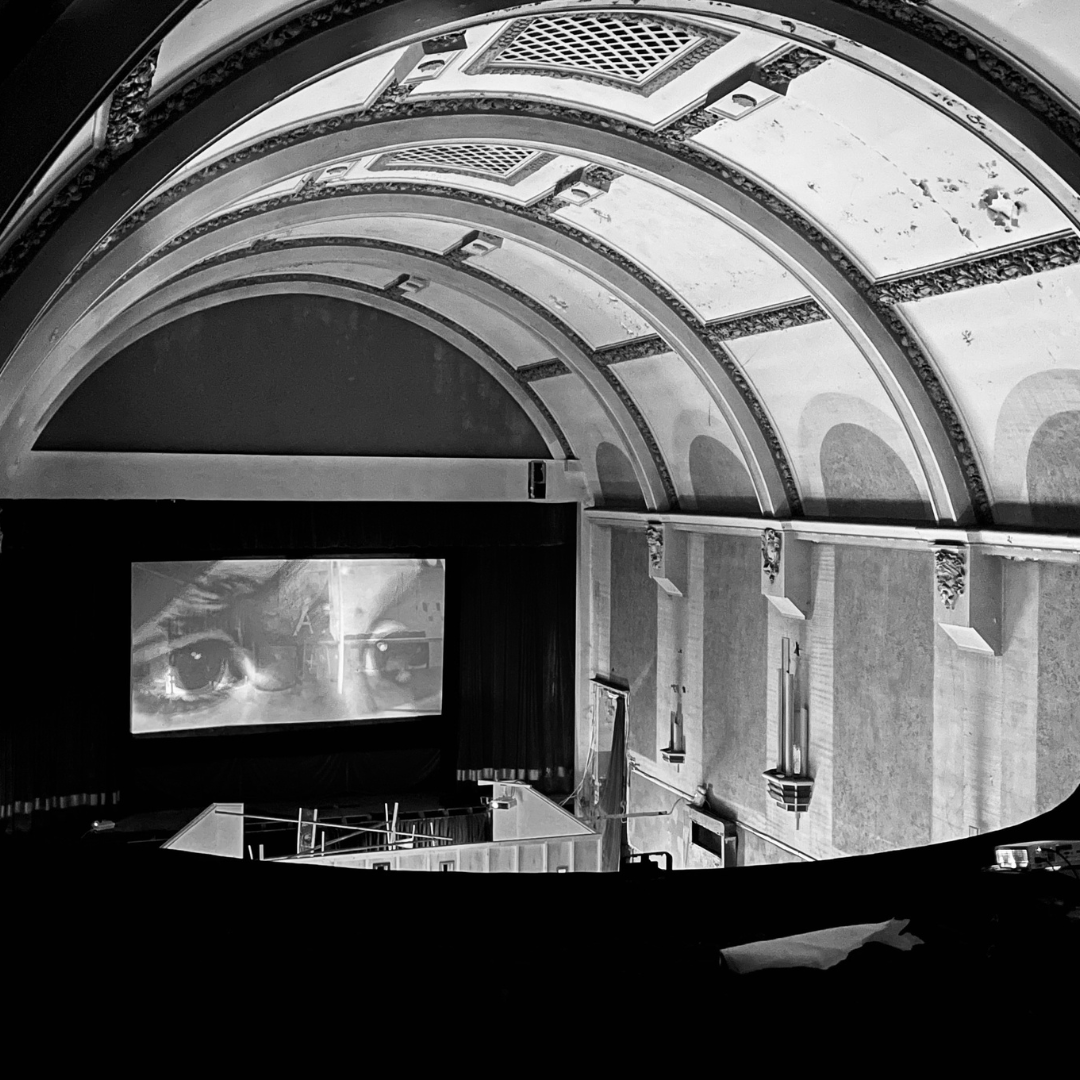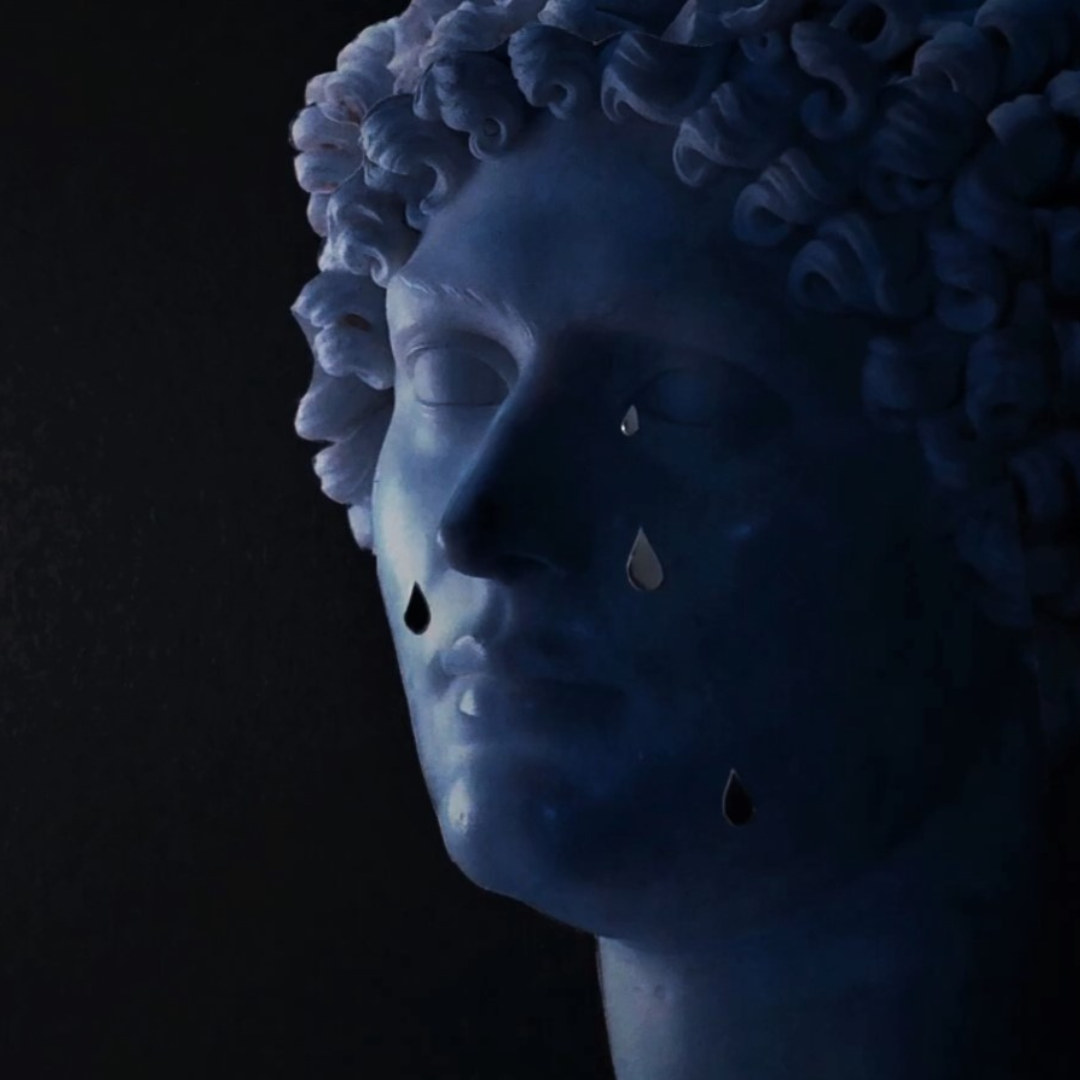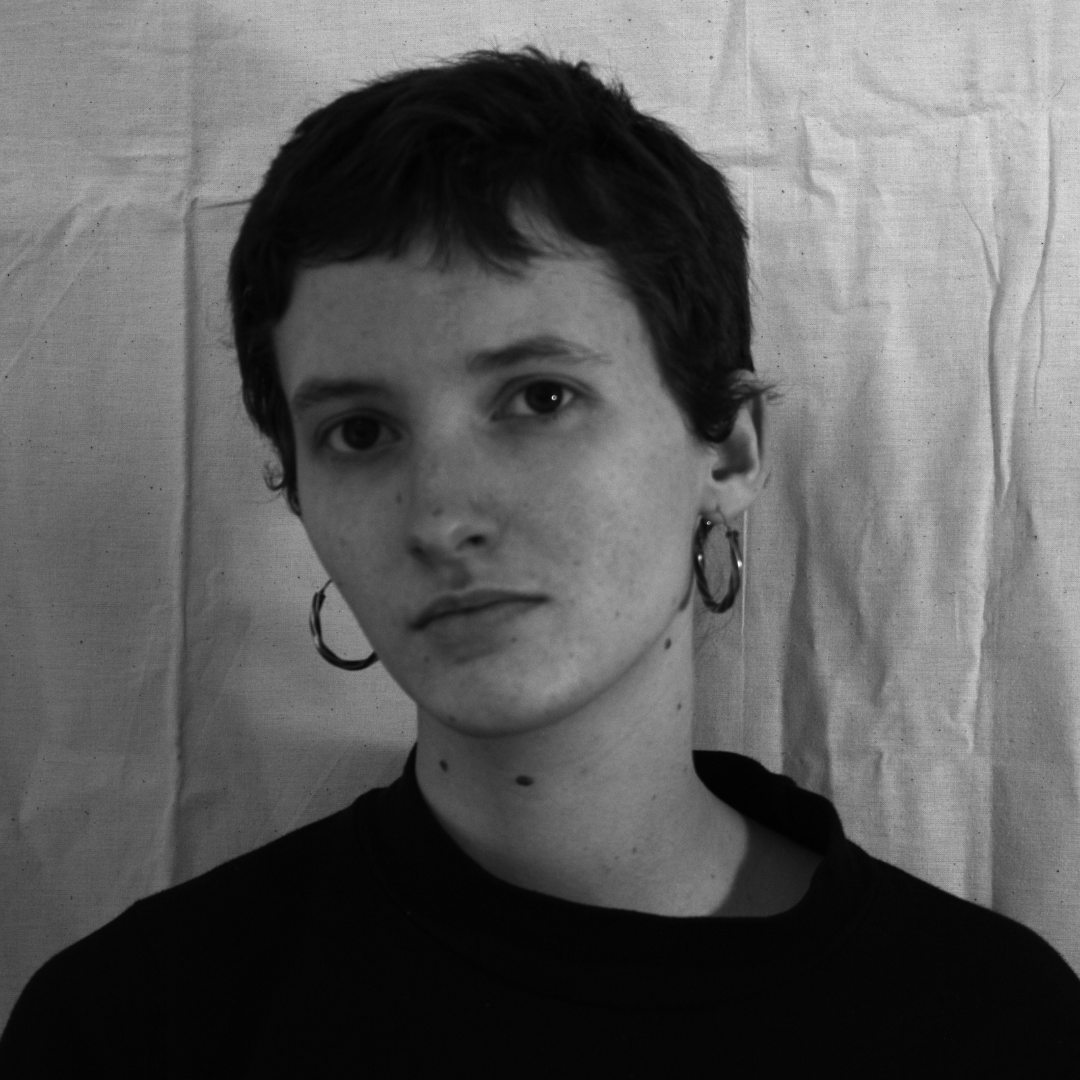Keith Harrison’s new commission, Fountain | 1937, invites visitors to explore a striking reinterpretation of the Black Country pithead baths – public washrooms once used by miners at the end of their shifts. This large-scale installation offers a tribute to the working-class communities whose labour in the 200+ coal mines owned by the Earls of Dudley underpinned the wealth and grandeur of the Witley Court estate during the 19th century.
The work features a full-scale washroom structure and a row of miners’ lockers, accompanied by a commissioned soundtrack created in collaboration with Preston Field Audio. This audio piece blends contemporary field recordings of Witley Court’s plunge pool with industrial sounds from the Round Oak Steelworks, a site once owned by the Earl of Dudley. Through these elements, Fountain | 1937 juxtaposes the daily realities of industrial workers with the opulence enjoyed by the estate’s former residents.
A series of brightly coloured floats are installed on the side of the Pavilion and will be placed on the Front Pool at Witley Court later this year. Inspired by the shapes of early 20th-century steel products and the colouring of traditional coarse fishing floats, this sculptural intervention references both the industrial output of the Round Oak Steelworks and the leisure activities of local mining communities.
Live celebration events are set for the evening of Friday 12 September and sunrise on Saturday 13 September, aligning with traditional timings of fishing contests. The events will involve readings and sound works at the Pavilion on Friday. On Saturday, a procession of the floats will move through the grounds before being ceremoniously set adrift. Book your tickets.
Keith Harrison says:
“Fountain | 1937 started from a personal connection to Witley Court & Gardens through memories of fishing in the area with the Golden Throstle Angling Club. The club was based in a nightclub in a former pithead baths built in 1937, next to a brick factory on the edge of West Bromwich. Referencing clay, coal and steel, fire and water, the work makes some noise on behalf of those from the Black Country whose voices have not been heard.”
For more information about the work, click here.
Photo credit: English Heritage Witley Court and Gardens Worcestershire Art installation by Jim Holden

